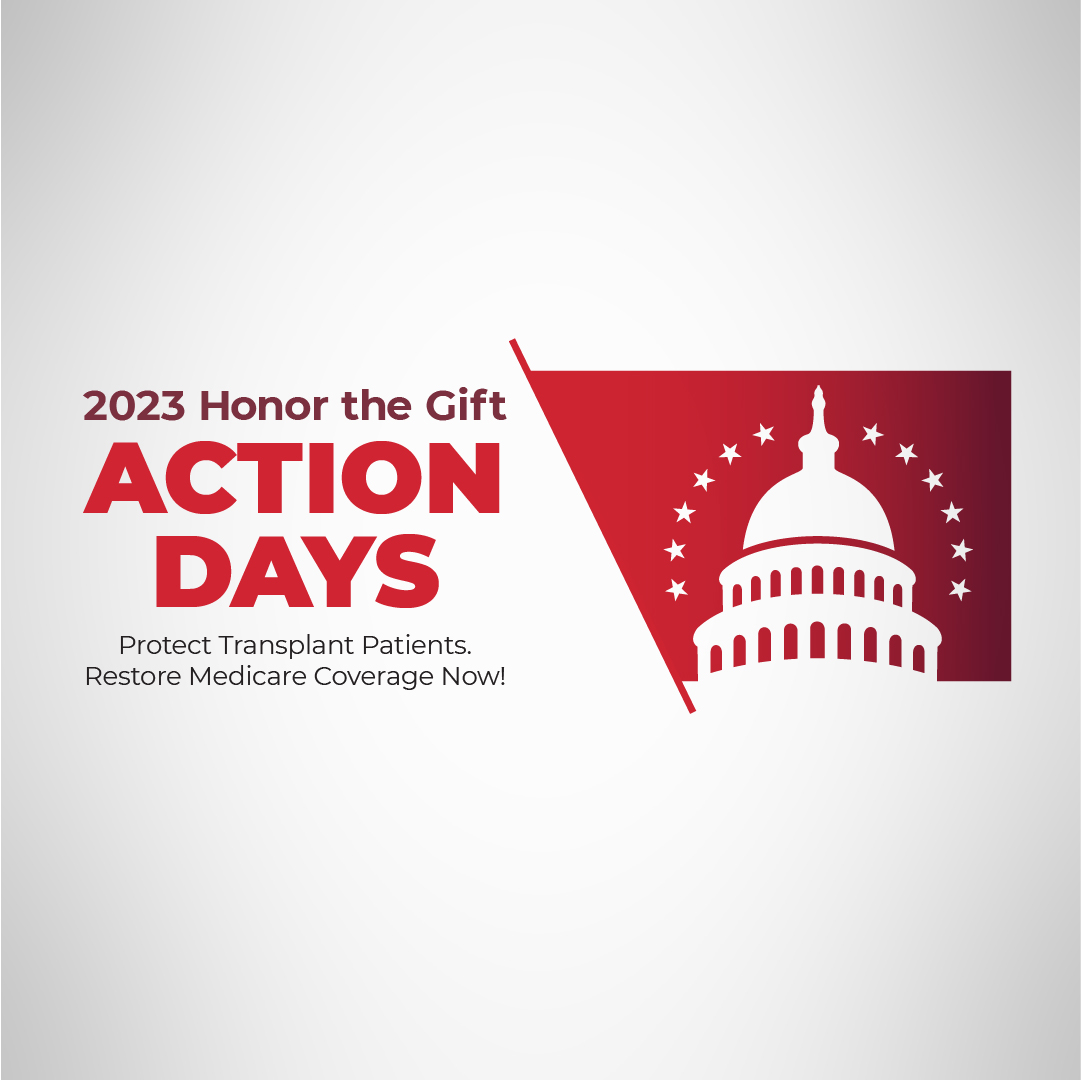Loading
Medicare changes announced in March 2023 have alarmed transplant patients and clinicians, causing significant decline in crucial blood test use to detect early signs of organ transplant rejection.
The transplant community is fearful their voices have been ignored and are making a public plea to the Biden Administration.
Universally celebrated recording artist and transplant patient Al B. Sure! and civil rights and social justice leader, Rev. Al Sharpton joining the cause and fighting for minorities and the underserved who are disproportionately affected by these rollbacks.
WASHINGTON, Nov. 29, 2023 /PRNewswire/ — Honor the Gift, a coalition representing organ transplant patients across the nation, will be joined by Representative Don Bacon (R-NE), the American Association of Kidney Patient’s (AAKP) Chair of Policy and Global Affairs Paul T. Conway, Al B Sure!, Executive Chairman of the newly formed “Health Equity in Transplantation Coalition,” Rev. Al Sharpton, Senior Advisor, and other leaders in the transplant field, to hold a press conference on December 5, 2023 in the Cannon Caucus Room on Capitol Hill in Washington D.C. Read the full press release from Honor the Gift.
Loading





